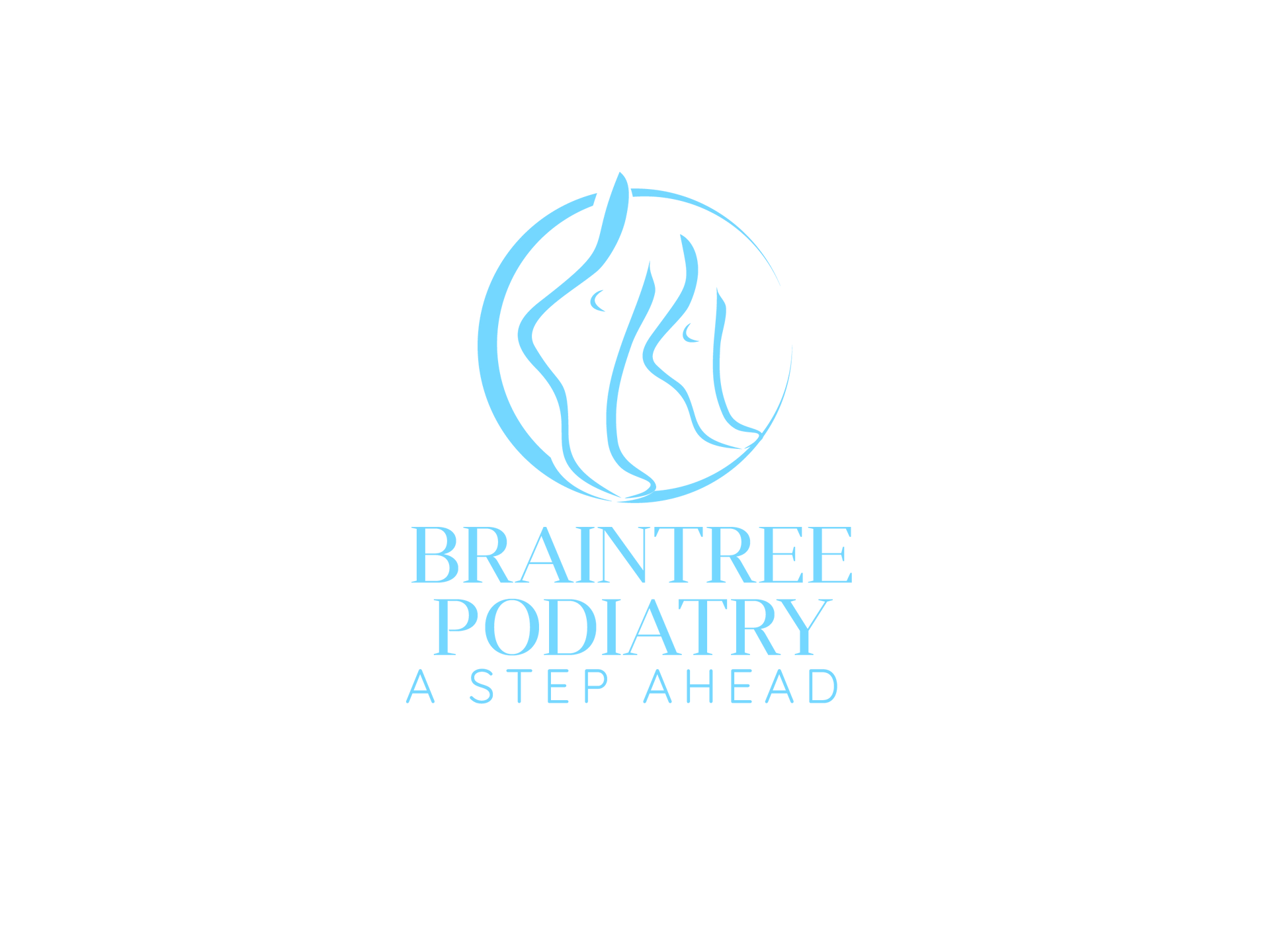Shockwave Therapy
Shockwave therapy is an effective form of treatment for chronic musculoskeletal pain. It works by increasing the blood flow to the injured area in intense but short waves that travel faster than the speed of sound. It stimulates certain components of the body, accelerating the healing process. It is recommended for patients who have not responded to conservative treatments and studies have shown up to 70% effective rate in reducing pain.
What to expect from this treatment?
Fill in a form
New patients will fill out an online form that includes consent form, medical history, current medication and allergy prior attending the appointment.
Discuss your concerns
There will always be an initial consultation prior to administering ECSWT. At the time of the appointment, pre-assessment must be done to determine if you are suitable for shockwave therapy and this would be discussed with your podiatrist.
Shockwave Therapy can treat:
- Plantar Fasciopathy/ heel pain
- Achilles Tendinopathy
- Gout related joint flare ups on the foot
- Neuroma
- And many other stubborn injuries.
Treatment Protocol
If appropriate, then a course of ECSWT treatment will be prescribed Typically 3-4 treatments are required at one-week intervals.
Treatment is virtually painless and no painkillers are required before or after treatment. It is important that patients should not take any anti-inflammatory medication for 10-14 days before the first treatment and throughout the course of treatment, as these can interfere with the healing process.
(The initial three appointments must be booked at the same time, to ensure continuity. There are restrictions to the availability of times and locations of treatment as the equipment is normally located at The Alma road Medical Center. For other locations specific requests must be made to ensure the ECSW machine is in the right location).
Shockwave therapy must not be used if you:
- Are pregnant
- Are taking antiplatelet medication (such as aspirin or clopidogrel) or
- anticoagulants (for example warfarin or rivaroxaban)
- Have a blood clotting disorder
- Are under the age of 18
- Have been diagnosed with bone cancer
- Have a cardiac pacemaker or other cardiac device
- Have an infection in your foot
- Have a history of previous tendon or ligament rupture
- Have had steroid injections in the previous 12 weeks

